The Women Outside (1996)
Genre : Documentary
Runtime : 1H 0M
Director : Hye Jung Park, J.T. Takagi
Synopsis
They're called bar women, hostesses, or sex workers and "western princesses." They come from poor families, struggling to earn a decent wage, only to be forced into the world's oldest profession. They're the women who work in the camptowns that surround U.S. military bases in South Korea. In 40 years, over a million women have worked in Korea's military sex industry, but their existence has never been officially acknowledged by either government. In The Women Outside, a film by J.T. Orinne Takagi and Hye Jung Park, some of these women bravely speak out about their lives for the first time. The film raises provocative questions about military policy, economic survival, and the role of women in global geopolitics
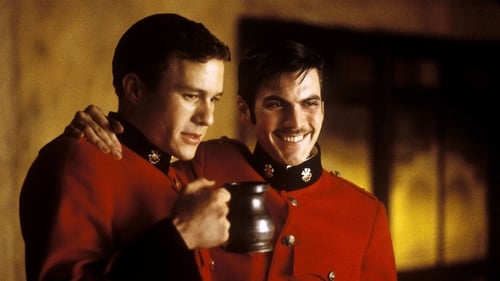
The story, set in 1885, follows a British officer (Heath Ledger) who resigns his post when he learns of his regiment's plan to ship out to the Sudan for the conflict with the Mahdi. His friends and fiancée send him four white feathers which symbolize cowardice. To redeem his honor he disguises himself as an Arab and secretly saves the lives of those who branded him a coward.
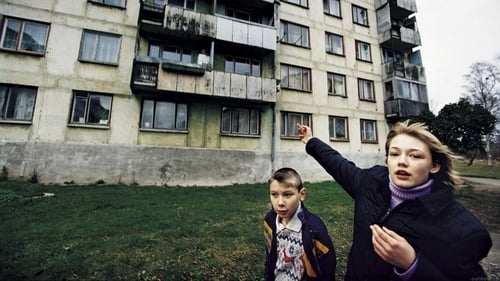
Lilja lives in poverty and dreams of a better life. Her mother moves to the United States and abandons her to her aunt, who neglects her. Lilja hangs out with her friends, Natasha and Volodya, who is suicidal. Desperate for money, she starts working as a prostitute, and later meets Andrei. He offers her a good job in Sweden, but when Lilja arrives her life quickly enters a downward spiral.

A legendary beauty salon that is sure to become a regular once you go!”Sir, would you like to have a very hot service?”In order to overcome the financial difficulties of the beauty parlor,It begins to attract the male guests with the special technique that makes it from head to toe.Kurt, Firm, and ‘it’ to open the hair salon is good!
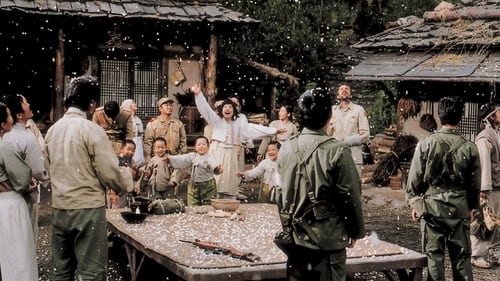
Based on the long running play by Jang Jin, the story is set in Korea during the Korean War in 1950. Soldiers from both the North and South, as well as an American pilot, find themselves in a secluded and naively idealistic village, its residents unaware of the outside world, including the war.

A Japanese-American director digs deep into the controversial 'comfort women' issue to settle the debate on whether the women were paid prostitutes or sex slaves, and reveals the motivations and intentions of the main actors pushing to revise history in Japan.
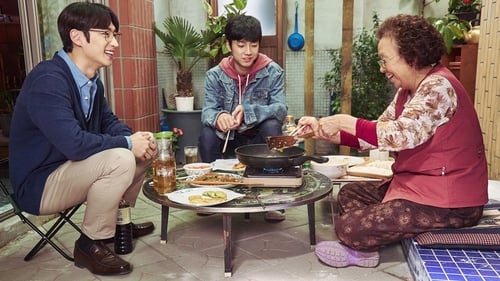
A grumpy old woman befriends a young civil servant and learns English from him. She then reveals to him her shocking past.

"The Apology" explores the lives of former "comfort women," the more than 200,000 girls forced into sexual slavery during World War II. Today, they fight for reconciliation and justice as they struggle to make peace with the past.

As he approaches manhood, Ben Meechum struggles to win the approval of his demanding alpha male father, an aggressively competitive, but frustrated marine pilot.
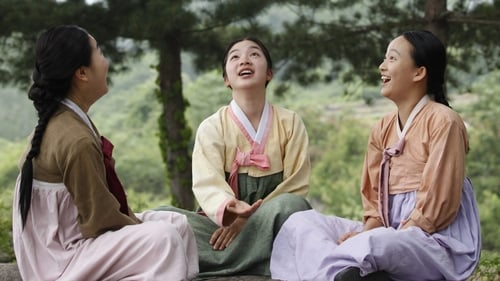
After the Japanese kidnap two Korean teenagers and take them to a comfort station to join other girls who are serving as sex slaves, only one of them survives. Decades later, the elderly woman tries to reunite with her friend's spirit.
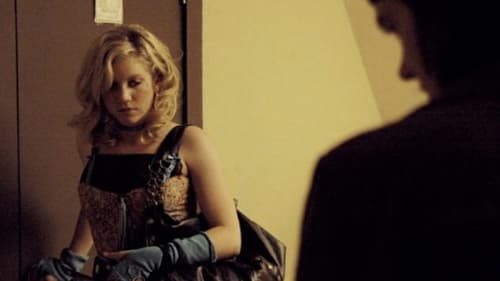
A lurid, dark look into the lives of sex workers, where victims of child abuse deal with the consequences later in life.
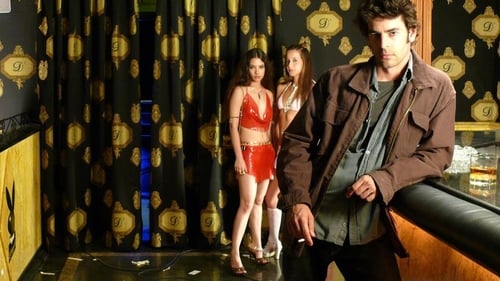
The plot follows the story of twin brothers, one is a coldhearted violent police officer, the other is a helpless romantic with a mental disability. The two brothers are tragically involved with a prostitute who works in the bordello that gives the film its title. The film was adapted from an eponymous novel written by Juan Marsé.

A look at the sex lives of the guys who make L.A. adult movies.
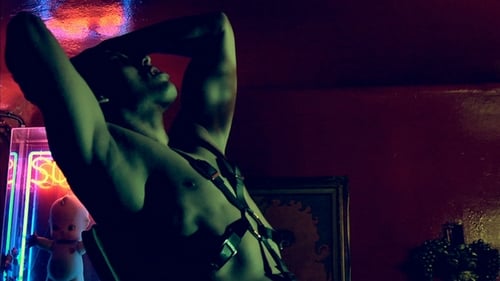
Dance and prostitution play the same role for Cristhian’s body. Virtuosity, desire, technique, and sex intertwine, granting coherence to a way of life that offers many answers to few questions. A leitmotiv that reconciles opposites and contradictions. Answers that are sometimes painful, like all truths.
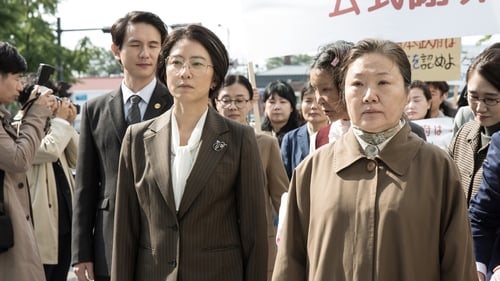
A true story of a six-year-long legal conflict of 10 comfort women and 13 attorneys against 200 Fukuoka supporters association.
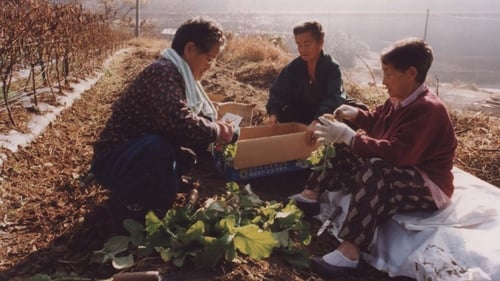
In World War II Japan forced many South Korean girls into sexual slavery. Known as "comfort woman," they were abducted as teenagers and shipped off to the front to service as many as 30 troopers a day. In 1991, some of them began testifying about their experiences. A "sharing house" was then established for former comfort women and provided the setting for Habitual Sadness, a documentary showing the enduring wounds but strong spirit of these women.
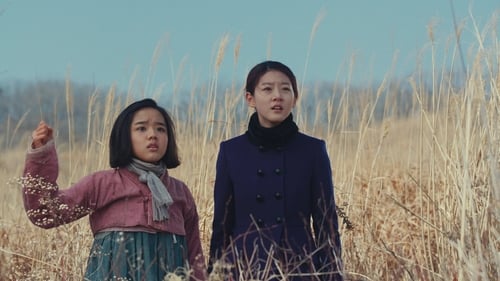
Jongbun is sick of poverty and she admires Young-ae, a smart and pretty friend. Taking place at the end of Japanese colonialism, a sad but beautiful story about two girls begins.
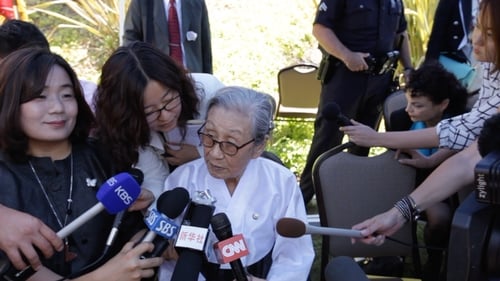
In 1992, KIM Bok-dong, reported herself as a victim of the sexual slavery, "comfort women" during World War Ⅱ. She wanted to receive the proper apology from the Japan government but they denied its responsibility. In 2011, commemorating the 1000th Wednesday demonstration, Statue of Peace was installed in front of the Embassy of Japan. The fight over Japan confronts a new stage.

Hired to enact revenge on a man who savagely beat a beautiful Russian débutant, Jack Verlaine is pressed between his newly acquired job and a persistent man named, Brill, who offers him a chance to advance higher in his seedy career. But when an estranged lover reappears in Verlaine's regimented existence, he soon realizes the new elements in his life may be just a plot to uncover his true identity.

Final chapter of a trilogy documenting the present and past lives of "comfort women".

This tells a story literally 'hidden from history'. In the 1960s and 70s, British governments, conspiring with American officials, tricked into leaving, then expelled the entire population of the Chagos islands in the Indian Ocean. The aim was to give the principal island of this Crown Colony, Diego Garcia, to the Americans who wanted it as a major military base. Indeed, from Diego Garcia US planes have since bombed Afghanistan and Iraq. The story is told by islanders who were dumped in the slums of Mauritius and in the words of the British officials who left a 'paper trail' of what the International Criminal Court now describes as 'a crime against humanity'



















